President Raeisi's unmatched role in empowering Eastern bloc
Iran's membership in the Shanghai Cooperation Organization (SCO), a legacy of late President Ebrahim Raeisi, has injected a new spirit into the bloc and made it more prominent.
The club launched in 2001 by Russia, China and Central Asian states and now including India, Iran and Pakistan, on Thursday held the second and final day of its summit in the Kazakh capital Astana where interim Iranian president Mohammad Mokhber put a picture of the late president on his desk during the opening meeting.
To his supporters, President Raeisi's foreign policy was a manifestation of wisdom and look to the future - unlike his predecessor who pinned all his hopes on the West - working with any country that helped Iran's interests and growth capacities within a balanced framework.
"In the past, some people thought that the fate of the countries in the global arena was decided by a few countries and therefore one should coordinate their foreign policy lines with them, but we believe that one should cooperate with each country according to its capacities and requirements and in our foreign policy, we are not waiting for anyone's frown or smile," the late president said once.
The deck was stacked against Raeisi when he came into office. Iran has been under extensive US sanctions since the Trump administration withdrew from the nuclear deal in 2018 and launched its “maximum pressure” campaign. Raeisi also inherited an economy rife with corruption, nepotism and inefficiency.
The late president had limited options to boost trade or foreign investment because very few countries or businesses were willing to defy US sanctions.
His priorities were easing tensions with Iran’s neighbors and boosting ties with Asian powers, especially China and Russia. Raeisi also focused on expanding Iran’s trade with Central Asian countries, which are not much in the orbit of American hegemony and control.
His term in office was marked by back-to-back visits to Iran's immediate and far-off neighbors under the belief that the Islamic Republic should not put all the eggs in the European-American basket of the Joint Comprehensive Plan of Action, as the international nuclear deal was called.
By casting off his predecessor's disdain of the East, President Raeisi arguably introduced Iran as an influential actor in the multipolar world.
In his 34 months in office as president, Raeisi's overall 28 foreign trips included only two visits to a Western country, and that to the United States to attend the United Nations General Assembly in New York.
By contrast, his predecessor president Hassan Rouhani visited Europe twice during his tenure with the hope of attracting foreign investment which never materialized even when the nuclear deal he had architected was in full force.
Raeisi pledged not to tie the economy to “the will of foreigners”, while members of his economic team subscribed to the “resistance economy” model, which prioritizes self-sufficiency to neutralize the impact of sanctions.
The late president traveled to Turkmenistan, Qatar and Oman and Kazakhstan as well as Russia, China, Syria and Indonesia among others. But his two visits each to Tajikistan and Uzbekistan were prominent since they finalized Iran's membership in the Shanghai Cooperation Organization.
Iran first applied for accession to the bloc in 2005, but a litany of domestic or international issues kept it from becoming a full member which saw three presidents to come and go with no breakthrough.
That was until 2021 when President Raeis's appearance in the SCO summit in Dushanbe, Tajikistan resulted in an abrupt announcement of the country as the ninth main member. Later at the Samarkand summit in Uzbekistan, the late president oversaw the signing of the memorandum of commitment for its permanent membership.
Iran was announced as a new permanent member of the powerful regional grouping in September 2022.
Membership in the SCO means faster and cheaper shipping of goods from East and Southeast Asia to Europe and the Black Sea region. On the other hand, Iran can do financial exchanges and trade with member countries without the nuisance of sanctions and restrictions.
Among other objectives, efforts by the members towards strengthening the bloc are taking place with the aim of achieving regional security, creating a new energy club and reducing the influence of the United States in the region.
President Raeisi's last moments were also dedicated to rapprochement and de-escalation, visiting the Iran-Azerbaijan border to inaugurate a dam with his Azerbaijani counterpart Ilham Aliyev.
During the inauguration, the late president hailed the project as "a symbol of regional development and a testament to the determination of the two countries and peoples of Iran and Azerbaijan to expand cooperation”.
He passed away along with his Foreign Minister Hossein Amir-Abdollahian and others when their helicopter crashed in mountainous terrain on way to the northwestern Iranian city of Tabriz, leaving an indelible mark in Iran's policy of regional convergence.
VIDEO | Rome, Milan host new protests in solidarity with Palestinians
Dec. 21: ‘Axis of Resistance’ operations against Israeli occupation
Spain jurists demand ties with Israel ties be cut
VIDEO | Press TV's news headlines
VIDEO | Iran honors top Science Olympiad medalists
VIDEO | Austrians arrested at Gaza protest in Vienna
10 killed in bus crash in western Iran
VIDEO | One-man-band journalism with Civili


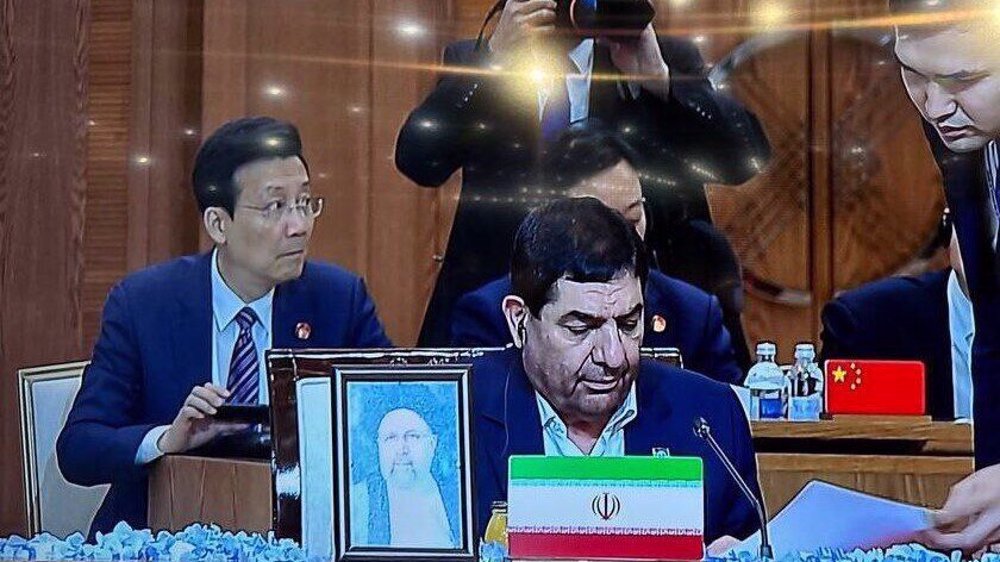
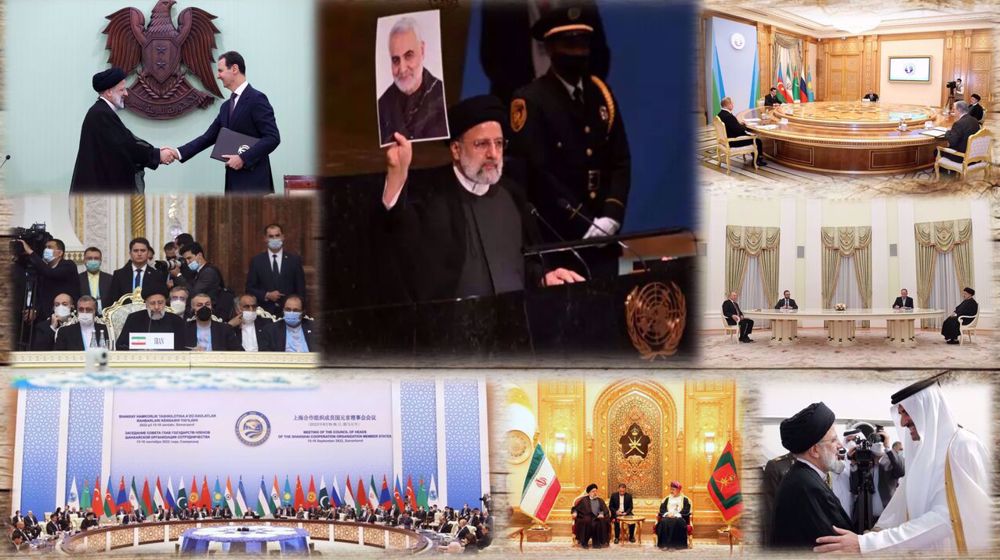
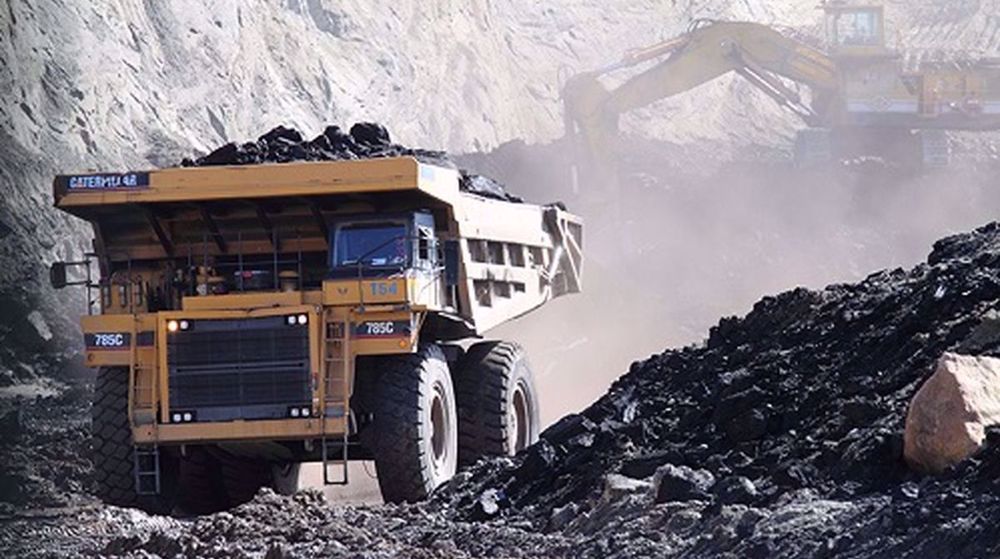
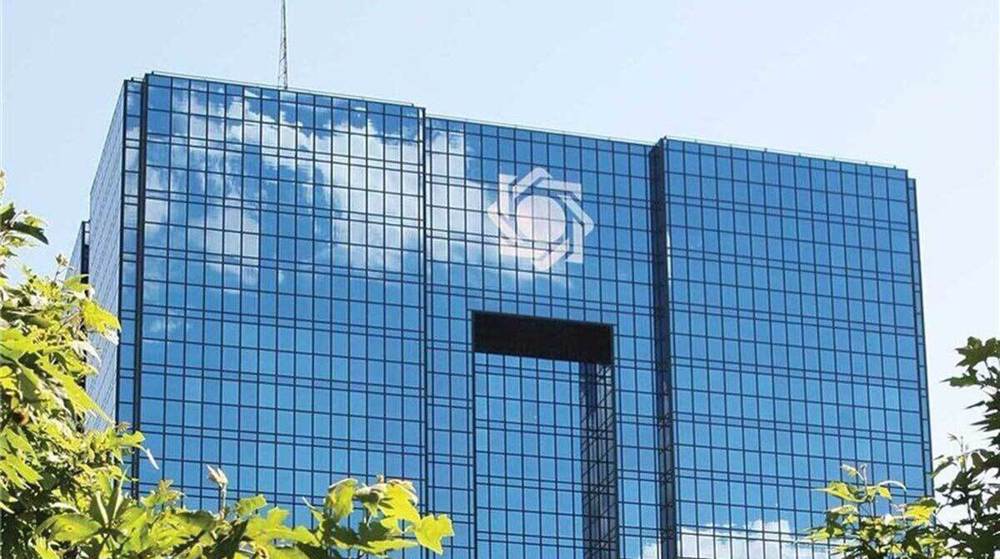
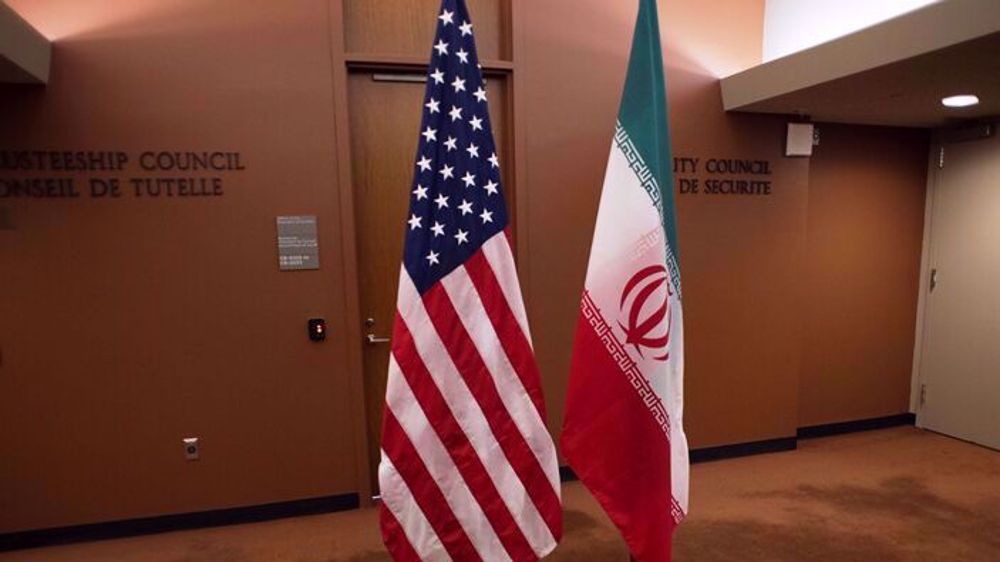




 This makes it easy to access the Press TV website
This makes it easy to access the Press TV website